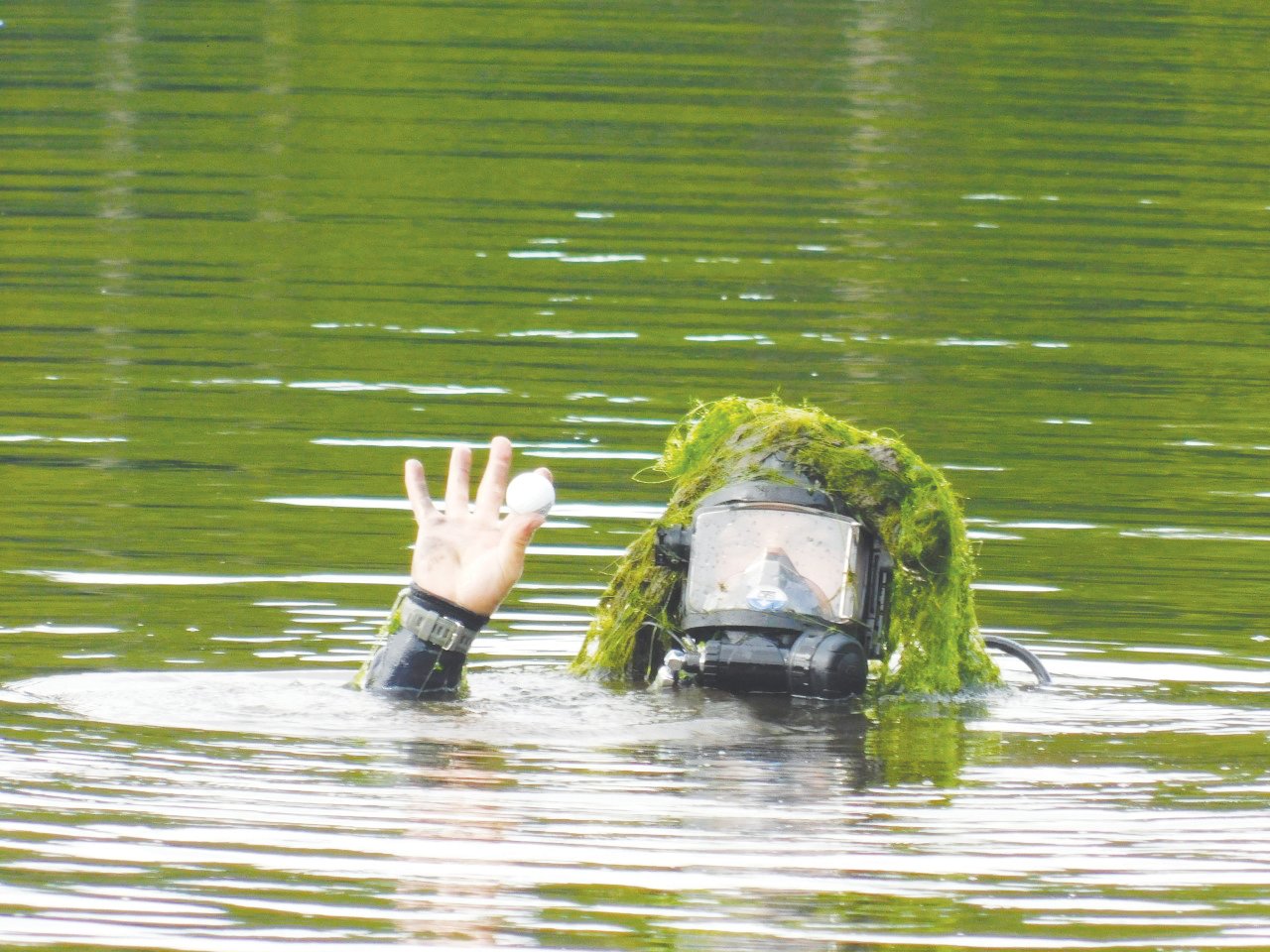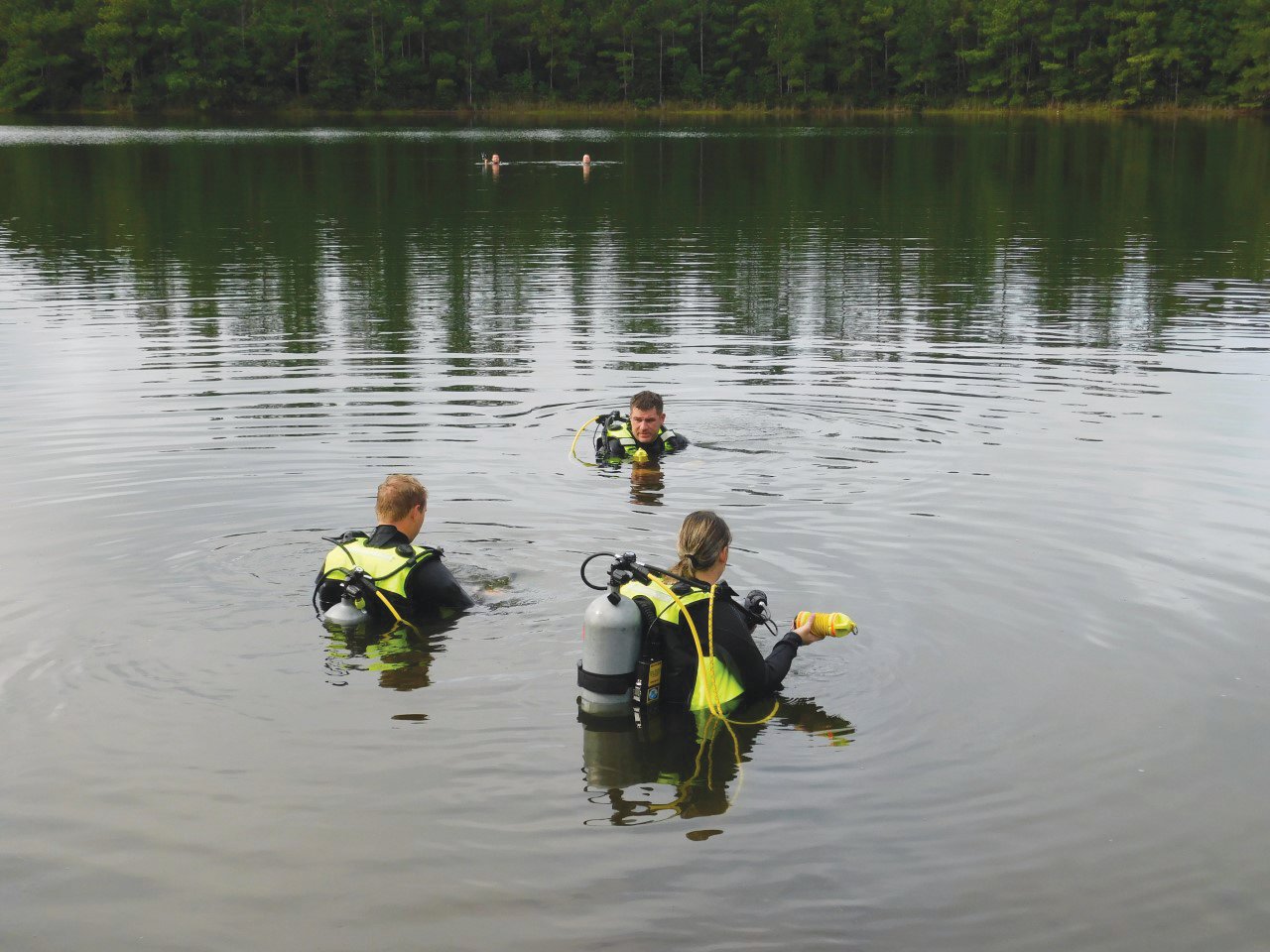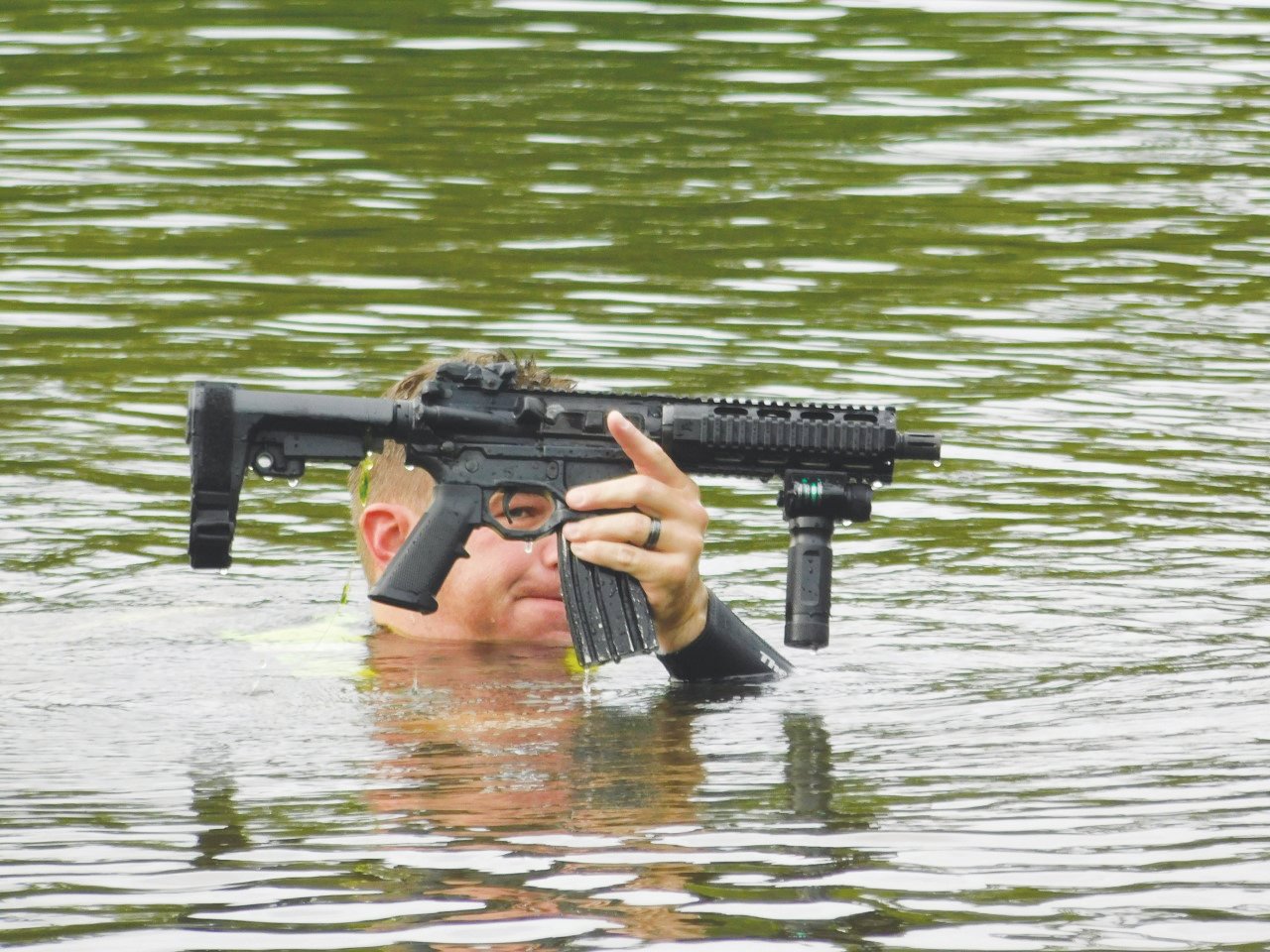Murky waters: CCSO’s rescue teams go to extreme depths
CLAY COUNTY – Across Florida, the scene has played out 100s of times in recent history. A driver loses control of a car and careens into a retention pond. A suspect tosses a weapon off a bridge …
This item is available in full to subscribers.
Attention subscribers
To continue reading, you will need to either log in to your subscriber account, below, or purchase a new subscription.
Please log in to continueDon't have an ID?Print subscribersIf you're a print subscriber, but do not yet have an online account, click here to create one. Non-subscribersClick here to see your options for subscribing. Single day passYou also have the option of purchasing 24 hours of access, for $1.00. Click here to purchase a single day pass. |
Murky waters: CCSO’s rescue teams go to extreme depths
CLAY COUNTY – Across Florida, the scene has played out 100s of times in recent history. A driver loses control of a car and careens into a retention pond. A suspect tosses a weapon off a bridge into a lake. A boater tragically falls into a river and fails to surface. When the water claims a victim or becomes a hiding place for evidence, it takes a specialized group to search and recover under less-than-desirable conditions.
In a county surrounded by water and peppered with numerous retention ponds, the task of scouring the depths falls to an elite team of deputies in the Clay County Sheriff’s Office.
The team recently conducted two days of intensive training and they showed what kind of work goes into preparing team members for this difficult job.
Early in the morning, the team unloaded their trailer and hauled their gear into a neighborhood pool that has been closed to allow for uninterrupted training. While some of the veteran divers scour the bottom of the pool looking for everything from coins to lost jewelry, the rookie divers were trained and were evaluated on their use of some of the best equipment available to divers today.
Sgt. Christopher Glenn, the team leader, spoke of a particular piece of technology that brings an extra measure of safety to the divers. The small device, a dive computer with Heads Up Display, allows the diver to clearly see the condition of his air supply, depth and other important data without having to use his hands or attempt to view his gauges through water that is often quite murky.
Another important tool for these divers is the dry suit. Inside of this suit, the diver is fully insulated from the water and whatever potential biohazards that may exist in the water. Although the dive team was practicing in only five feet of water, Zier broke away from his conversation with the reporter to direct one of the veteran divers to closely monitor the rookie diver training in the dry suit to ensure that he “doesn’t get in trouble.” When asked about how a diver could get in trouble in such shallow water, Glenn said diving in the dry suit requires careful balance and coordination because the pressurized suit can cause a diver to suddenly become inverted and unable to right himself.
As a few of the divers rested from their training, they shared what they believed to be the best and worst parts of being on the Sheriff’s Office Dive Team.
“Where else could you get paid to just dive? It’s a great job,” one dive team member said. Others said they enjoyed the pool on a warm summer day.
When questioned about the worst part of the job, one mentioned how they always had to be ready to race to a location and dive at any time of the day or night.
Another said it can be frustrating when divers are unable to locate an item after an extensive search.
“Sometimes, we are searching a location based on incomplete information, and that object may have never been there to start with,” a diver said. “To me, the worst part of the job is definitely when we must recover a body.”
The next day, the divers left the clarity of the pool and slipped into the dark and gloomy waters of a nearby retention pond. On that day, the mission was no longer about easily locating and recovering items on the bottom. Instead, because of the grassy bottom and low visibility, divers must use technology and touch to locate everything from a disabled AR-15 to a full-size training dummy. While some of the tools and techniques of the team are not shared publicly, the ultimate tool is the meticulous and dedicated approach of these often-overlooked professionals. Though the role of a diver can often be tedious and grim, there are times when the outcome can be extremely rewarding, like the morning they found a kayaker who was reported missing on the Black Creek. Although the man was tired, he was safe and alive.












